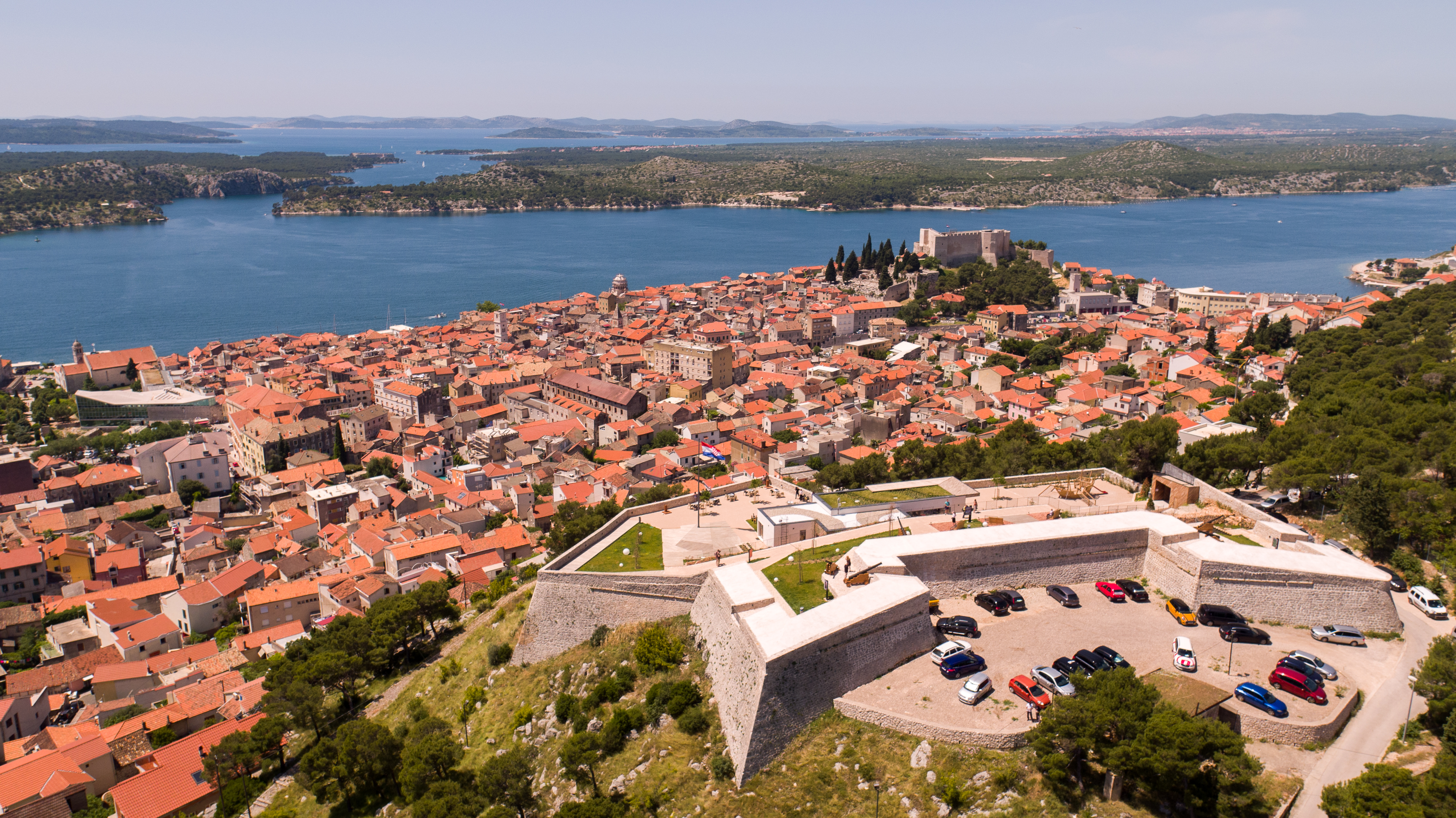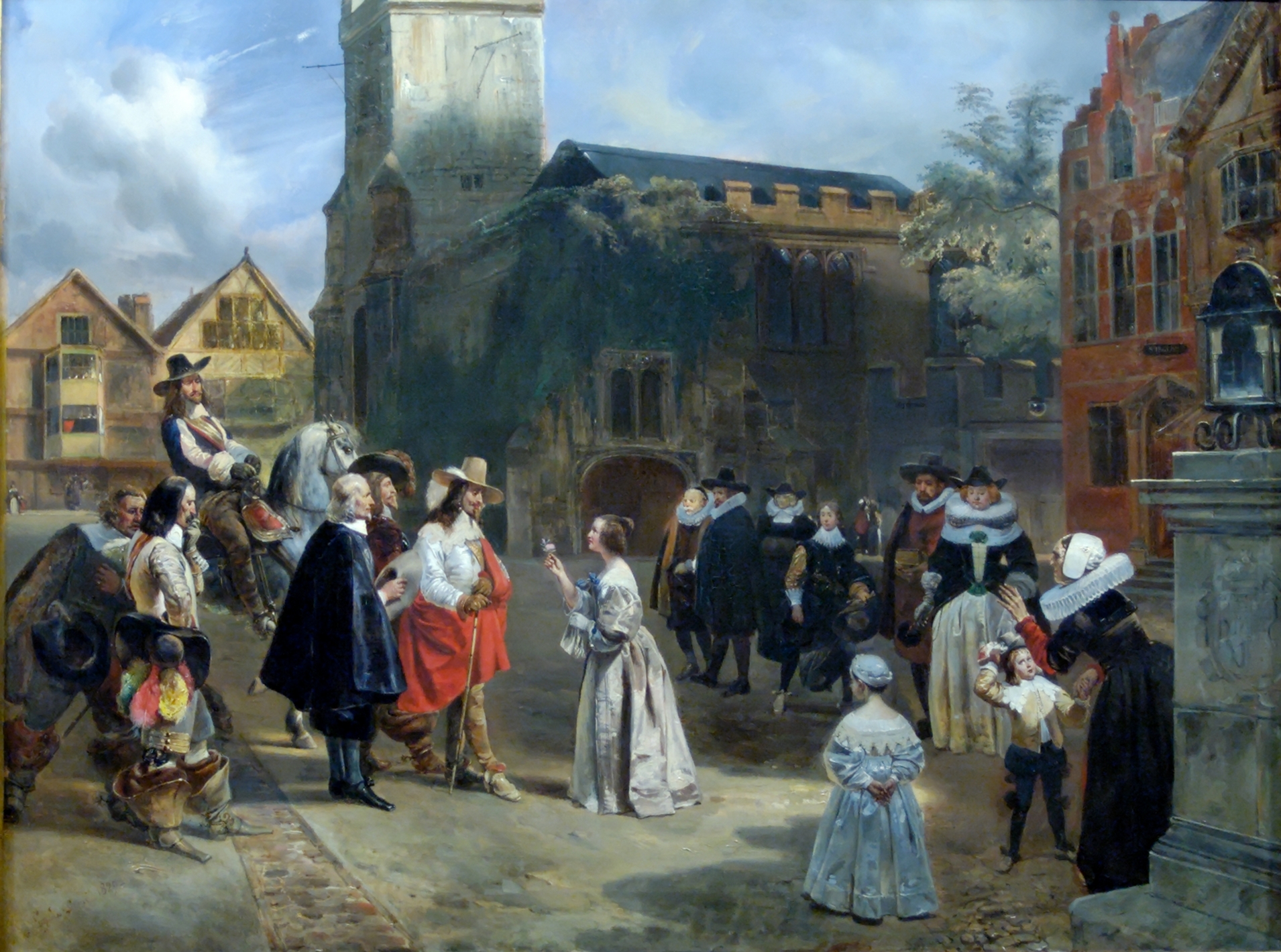|
Barone Fortress
The Barone Fortress (also known as Šubićevac Fortress; Croatian: Tvrđava Barone or Tvrđava Šubićevac) in Šibenik, Croatia, is an early modern fortress constructed in 1646 on Vidakuša hill above the city. Together with the remaining three city fortresses, it is a part of the Šibenik fortification system. It played a significant role in city's defense from the Ottomans during the Cretan War. For a long time, it carried the name of its main defender, Baron Christoph Martin von Degenfeld. At the start of the 20th century, along with the surrounding neighborhood, it was renamed Šubićevac, after the medieval patrician family Šubić. War of Crete and construction of the fortress Since at least the mid-16th century, the city rectors and envoys had been stressing the need for the construction of fortification objects on the hills north of the city, because the city walls and St. Michael's Fortress had not been built to endure any prolonged artillery attack. The pleas wer ... [...More Info...] [...Related Items...] OR: [Wikipedia] [Google] [Baidu] |
Šibenik
Šibenik (), historically known as Sebenico (), is a historic town in Croatia, located in central Dalmatia, where the river Krka (Croatia), Krka flows into the Adriatic Sea. Šibenik is one of the oldest Croatia, Croatian self-governing cities on the Adriatic, the capital and cultural, educational, administrative and economic center of Šibenik-Knin County, Šibenik-Knin County, and is also the List of cities and towns in Croatia, third-largest town in the Dalmatian region. As of 2021, the town has 31,115 inhabitants, while the municipality has 42,599 inhabitants.The seat is the Roman Catholic Diocese of Šibenik, Šibenik Diocese. It was first mentioned on Christmas 1066 in a grant of Peter Krešimir IV, so it is also called ''Krešimir's Town''. Until the Second plague pandemic, plague pandemic in 17th century it was the largest city on the entire eastern coast of the Adriatic. Šibenik was the ''de facto'' capital of the Federal State of Croatia, Croatia from December 1944 to ... [...More Info...] [...Related Items...] OR: [Wikipedia] [Google] [Baidu] |
History Of Šibenik
History is the systematic study of the past, focusing primarily on the Human history, human past. As an academic discipline, it analyses and interprets evidence to construct narratives about what happened and explain why it happened. Some theorists categorize history as a social science, while others see it as part of the humanities or consider it a hybrid discipline. Similar debates surround the purpose of history—for example, whether its main aim is theoretical, to uncover the truth, or practical, to learn lessons from the past. In a more general sense, the term ''history'' refers not to an academic field but to the past itself, times in the past, or to individual texts about the past. Historical research relies on Primary source, primary and secondary sources to reconstruct past events and validate interpretations. Source criticism is used to evaluate these sources, assessing their authenticity, content, and reliability. Historians strive to integrate the perspectives o ... [...More Info...] [...Related Items...] OR: [Wikipedia] [Google] [Baidu] |
1646 Establishments In Europe
It is one of eight years (CE) to contain each Roman numeral once (1000(M)+500(D)+100(C)+(-10(X)+50(L))+5(V)+1(I) = 1646). Events January–March * January 5 – The English House of Commons approves a bill to provide for Ireland to be governed by a single Englishman. * January 9 – Battle of Bovey Heath in Devonshire: Oliver Cromwell's New Model Army surprises and routs the Royalist camp of Lord Wentworth. * January 19 – Sir Richard Grenville, 1st Baronet, a Royalist fighting for Prince Charles against Oliver Cromwell's Commonwealth, is imprisoned for insubordination after proposing to make Cornwall self-governing in order to win Cornish support for the Royalists. After being incarcerated at the tidal island of St Michael's Mount off of the coast of Cornwall, he is allowed to escape in March to avoid capture by Cromwell's troops. * January 20 – Francesco Molin is elected as the 99th Doge of Venice after 23 ballots, and governs the Venetian Repu ... [...More Info...] [...Related Items...] OR: [Wikipedia] [Google] [Baidu] |



